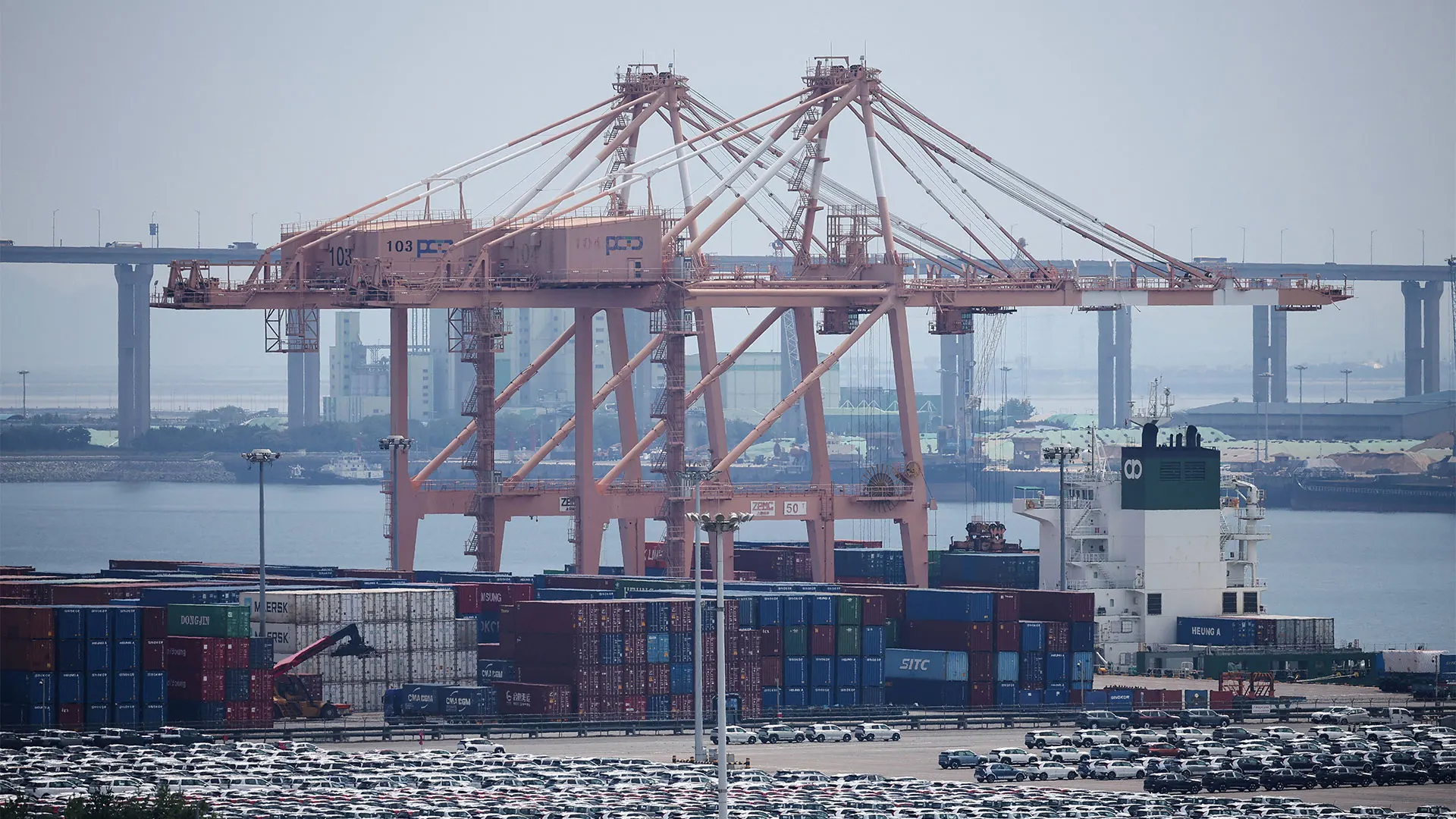
"South Korea's negotiations with the U.S. on a trade deal to lower tariffs have stalled amid concerns over the foreign exchange implications of a $350 billion investment fund, part of an agreement reached with President Donald Trump in July. What has Japan agreed to? South Korean officials, who had argued that the package would mostly comprise loans and guarantees with limited direct investment, said last week they could not accept terms similar to those of a $550 billion investment package finalised this month by Japan."
"Tokyo agreed to transfer money within 45 days after the U.S. selects a project, and that available free cash flows from investments would be split evenly until they reached an allocated amount, after which 90% would go to the U.S. U.S. Commerce Secretary Howard Lutnick said on Thursday that there would be no flexibility for Seoul. "The Japanese signed the contract. The Koreans either accept that deal or pay the tariffs. Black and white, pay the tariffs or accept the deal.""
"Since South Korea's deal was announced in late July, there have been concerns among market participants that the resulting dollar demand will overwhelm the domestic currency market, depressing the won. Since suffering traumatic capital flight during a financial crisis in the late 1990s, South Korea has retained a tight grip on its currency market. It started opening it to foreigners last year but there is still no offshore market to trade the won."
Negotiations between South Korea and the U.S. over a tariff-reducing trade deal stalled because a proposed $350 billion investment fund could generate large dollar demand and pressure the won. Japan finalised a separate $550 billion package that requires transfers within 45 days after a U.S. project is selected and splits free cash flows evenly until an allocated amount, after which 90% would go to the U.S. U.S. officials said Seoul must accept similar terms or face tariffs. South Korea maintains tight currency controls, lacks an offshore won market, and the won's limited global liquidity heightens risk.
Read at Fast Company
Unable to calculate read time
Collection
[
|
...
]